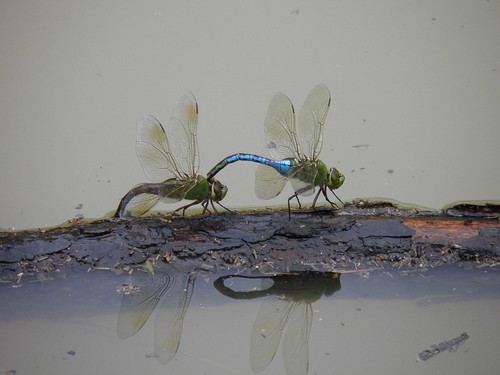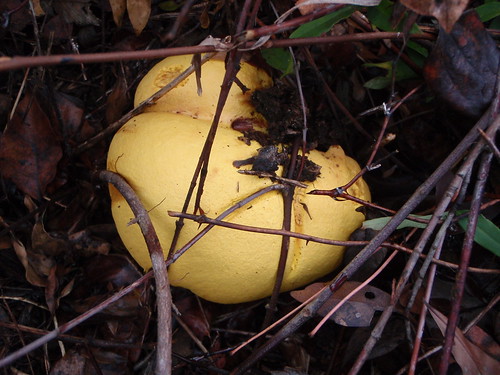Steve Connor writes in the Independent that
It pays not to cultivate GM crops, survey finds,
The first economic analysis of growing genetically modified crops on a wide scale has found that the biggest winners were the farmers who decided not to grow them.
The study, which looked at maize yields in the corn belt of the United States, found that farmers who continued to grow conventional crops actually earned more money over a 14-year period than those who cultivated GM varieties.
The article then tries to say they nonetheless benefited from genetic modification:
All farmers benefited from the significantly lower level of pests that came about after the introduction of GM maize to the US in 1996, but the conventional farmers who continued to cultivate non-GM varieties also benefited financially from not having to pay the extra costs of purchasing GM seeds.
Um, what about not having to pay for the pesticides that go with the GM seeds?
The study’s author admits they didn’t study that sort of thing:
 “Additionally, environmental
benefits from corn borer suppression are likely occurring, such as less insecticide use, but these benefits have yet to be documented,” Dr Hutchinson said.
“Additionally, environmental
benefits from corn borer suppression are likely occurring, such as less insecticide use, but these benefits have yet to be documented,” Dr Hutchinson said.
The Telegraph spelled his name wrong. This appears to be the actual report:
Areawide Suppression of European Corn Borer with Bt Maize Reaps Savings to Non-Bt Maize Growers
W. D. Hutchison, E. C. Burkness, P. D. Mitchell, R. D. Moon, T. W. Leslie, S. J. Fleischer, M. Abrahamson, K. L. Hamilton, K. L. Steffey, M. E. Gray, R. L. Hellmich, L. V. Kaster, T. E. Hunt, R. J. Wright, K. Pecinovsky, T. L. Rabaey, B. R. Flood, and E. S. Raun (8 October 2010)
Science 330 (6001), 222. [DOI: 10.1126/science.1190242]
The full text is behind a paywall, but
the abstract
concludes with:
…and highlight economic incentives for growers to maintain non-Bt maize refugia for sustainable insect resistance management.
So growing 98% of crops from GM seeds, as is the case in Georgia,
is a bad idea.
 Tom Philpott asks in Grist about
Why Monsanto is paying farmers to spray its rivals’ herbicides
Tom Philpott asks in Grist about
Why Monsanto is paying farmers to spray its rivals’ herbicides









